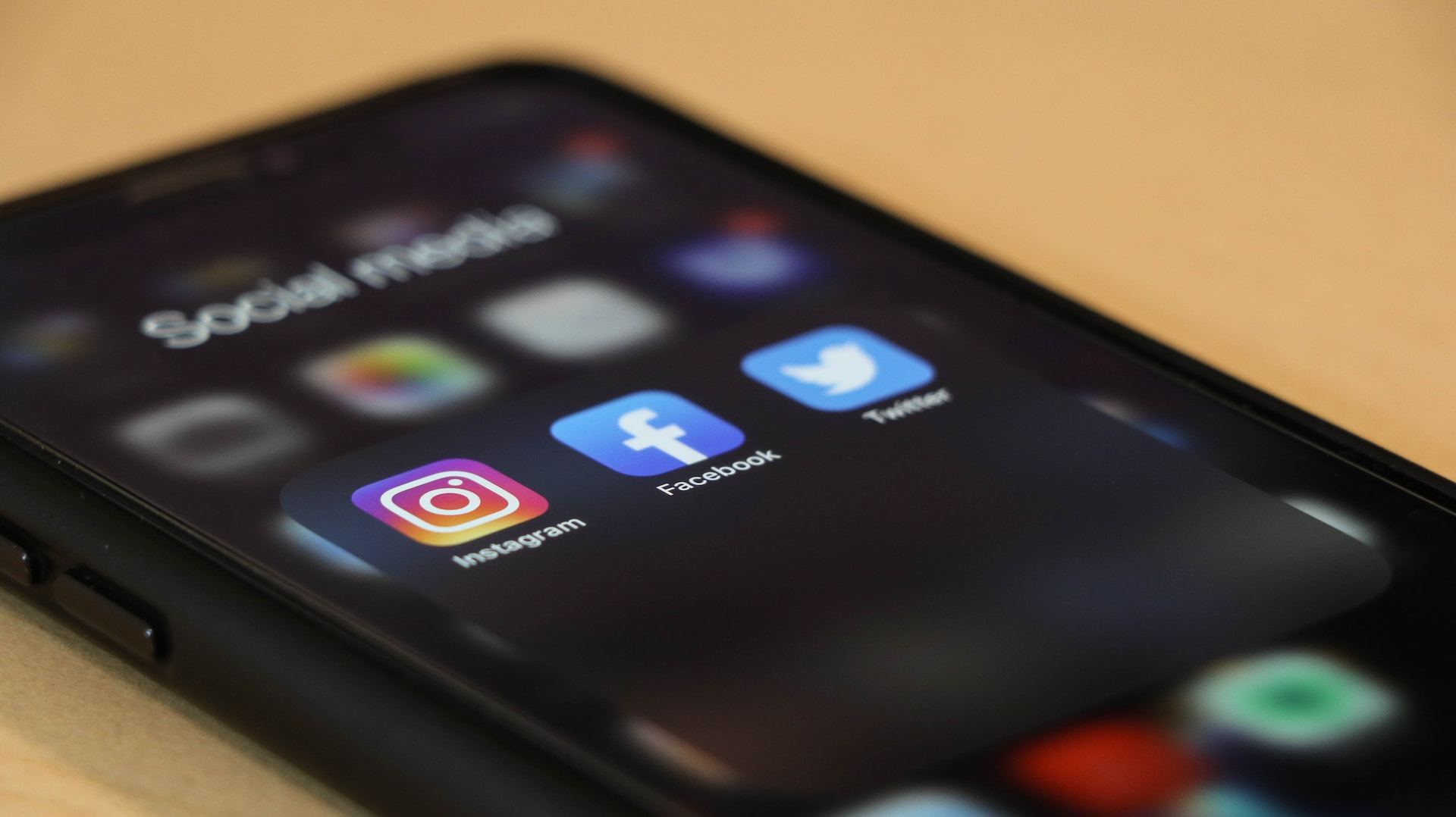Millennials, Gen-Z and technology go hand in hand. But is this for better or for worse?
Technology has drastically evolved over the past few decades; we’ve seen the inception of mobile phones, social media platforms, electric cars and artificial intelligence to say the least!
Millennials (born between 1981 and 1996) have grown up in an ever-evolving digital landscape whilst the digitally-native Gen-Z (born between 1997 and 2012) have never known a world without smartphones! Technology has brought about both advantages and disadvantages, we explore the impact it’s had on these generations…

The Pro’s
Technological advancements over the past few decades have had an immense impact on the generations that grew up in them. Naturally, millennials are technologically proficient. During their lives, technology has been constantly evolving which has created flexible and adaptable individuals. In contrast, Gen-Z are digital natives who’ve had technology at their fingertips since birth and never known a world without it.
Due to these circumstances, both generations possess considerable multi-tasking skills, largely due to constant stimulation via video games, social media and streaming services. Many believe that the incessant exposure to technology during childhood has led to an ability to compartmentalise in a much more effective way than previous generations.
Whilst it may be said that technology has given rise to an instant gratification culture and consequently had a negative impact on millennials and gen-Z, they certainly don’t like to settle for anything less than their expectations. They are continuously looking for improvement, not only in terms of the things they have but also in terms of their own personal values and those of the world around them. These generations appear to have shifted their focus towards a more empathetic and ethical outlook.

The Con’s
Although technology has many positive results, constant connection to smartphones could be causing both short-term and long-term health implications. In 2005, only 12% of young adults had a social media account. Fast forward to today and shockingly (or maybe not so shockingly!) that figure has now increased to 90%.
Many scientists believe that our brains continue to develop until we’re 25 years old and they develop according to the way in which they’re being used. The increased exposure to technology throughout childhood and into young adulthood, is bound to have an impact on social and even physical development. Studies suggest that an individual’s ability to process information, regulate emotions and pay attention to the task at hand is being hugely impacted by attachment to technology during early development.
Millenials and Gen-Z have become accustomed to instant rewards and reactions due to the connectivity of our world, largely fuelled by social media. This instant gratification can have a negative effect as it perpetuates impatience and if something doesn’t get a result immediately, its deemed not worth trying again.

Nevertheless, thanks to technology millennials and gen-z are global thinkers, often placing societal and environment issues above building relationships with those close to them. The trade-off for increased digital connectivity is the reduction in interpersonal or so called ‘soft’ skills. Millennials and Gen-Z don’t value face-to-face communication as much as previous generations did, and why would they when they have the world at their fingertips? However, this could have a detrimental effect on other crucial life skills such as teamwork and resilience in dealing with difficult situations.
Impact on business
New generations bring about many new perspectives and ultimately bring about change. Millennials and gen-Z prioritise purpose within their daily lives and this is being recognised by businesses as they fight for market share during this turbulent time.
These generations have placed pressure on businesses to become more ethical; prioritising sustainability, social justice and equality in the workplace, much more than previous generations have. They also tend to prioritise work-life-balance and businesses are adapting in order to attract and retain top talent. Not only that, these generations are also challenging traditional corporate structures with an emphasis of flexible working and working from home.

In terms of millennials and gen-z as consumers, when they want something, they want it now! Many businesses (especially ecommerce businesses) are having to work harder and smarter in order to fulfil these expectations and demands. They also want the brands they interact with to stand for the same beliefs and values as they do. This trend began with millennials and has only been confounded by gen-Z; who only like to engage with brands that are clearly living and breathing the values they align with.
Overall, these generations are changing the game in terms of how businesses operate and the traditional working life. Technology is ever-evolving and is sure to have continued impacts on current and future generations. One thing’s for sure, businesses must remain relevant and aware of cultural changes in order to see continued growth in this dynamic climate.
Watch this space for more industry insights and trends!







